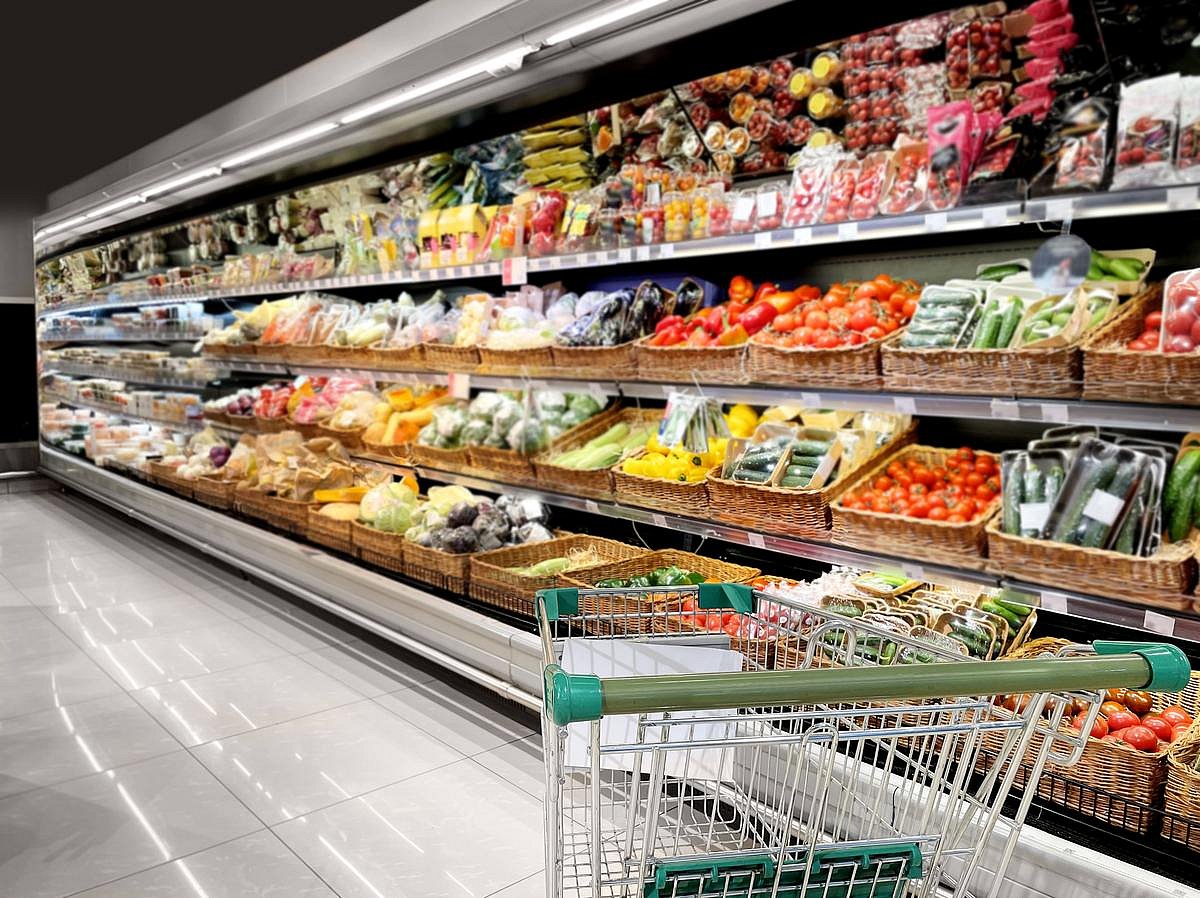Get Healthy!

- Dennis Thompson
- Posted September 24, 2024
Almost 200 Chemicals Linked to Breast Cancer Are Found in Food Packaging
Food sold in shrink wrap, on cardboard trays or in paper containers might contain any of nearly 200 chemicals linked to breast cancer, a new study warns.
Commonly used food packaging materials contain 189 chemicals that can potentially cause breast cancer, researchers reported Sept. 24 in the journal Frontiers in Toxicology.
These hazardous chemicals -- including PFAS, bisphenols and phthalates -- can migrate from packaging into food, and thus be ingested by people, researchers said.
“This study is important, because it shows that there is a huge opportunity for prevention of human exposure to breast cancer-causing chemicals,” said researcher Jane Muncke, managing director of the non-profit Food Packaging Forum. “The potential for cancer prevention by reducing hazardous chemicals in your daily life is under-explored and deserves much more attention.”
The Food Packaging Forum has compiled a comprehensive database of chemicals contained in food packaging, based on information gathered from thousands of published scientific studies.
Using the database, researchers identified 143 chemicals used in plastic packaging materials that are linked to breast cancer, and 89 were found in paper or cardboard, results show.
There’s strong evidence that humans are regularly exposed to at least 76 of those cancer-causing chemicals through diet, researchers said.
These chemicals are finding their way into food packaging despite regulations in the United States, the European Union, China, South America and elsewhere aimed at limiting their use, researchers said.
About 40 of the 76 top cancer-causing chemicals are already classified as hazardous in some way by various international regulators but are still being found in food packaging, the researchers noted.
This shows that existing rules aren't enough to protect human health, researchers said.
This study comes on the heels of another report published by the same group last week that found that more than 3,600 chemicals leach into food during the packaging process.
Of those, 79 chemicals are known to cause cancer, genetic mutations and endocrine and reproductive issues, according to the report published in the Journal of Exposure Science & Environmental Epidemiology.
More information
Consumer Reports has more on chemicals in food packaging.
SOURCE: Science Communication Network, news release, Sept. 24, 2024


